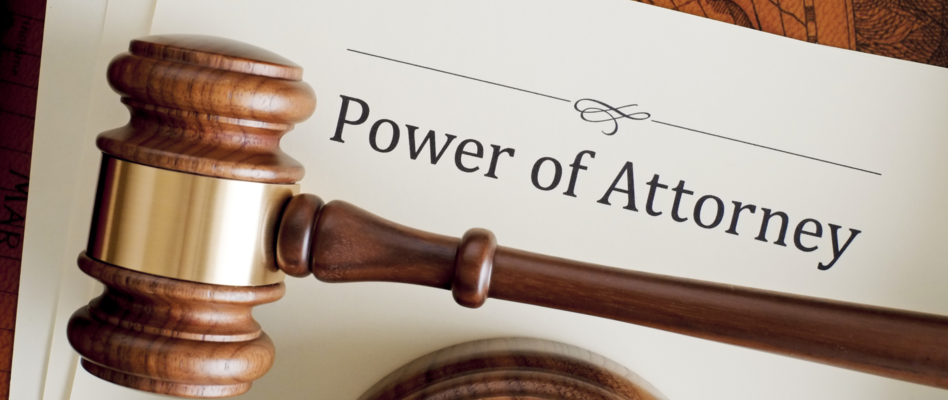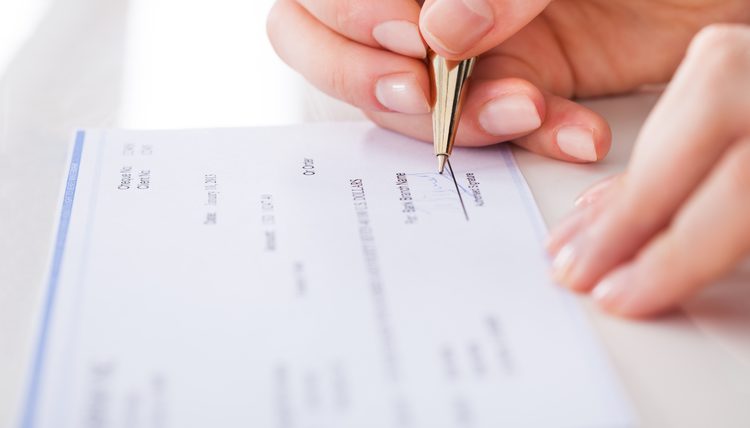Power of Attorney (POA) is all about giving the right to act on your behalf to a trusted friend or family member. A Power of Attorney allows the holder of the POA to take clearly defined actions and decisions on behalf of the donor in this case.

The person who gives the Power of Attorney (POA) is known as the donor while the person who gets the POA is called the holder.

But there are some precautions you need to take while signing the POA agreement and ensure that your interests are fully protected. Let us look at it entirely from the point of view of the donor.

Let us focus on things to know about power of attorney and the power of attorney rights and limitations. Above all, there are some basic rules you need to follow irrespective of whether you are giving the power of attorney to a family member or to a trusted friend.

These points to keep in mind when giving the power of attorney to a person.
- First and foremost understand the difference between Letter of Authority and Power of Attorney. The LOA is good for small tasks but for more important tasks that involve larger amounts of money or asset values, it is always better to execute a Power of Attorney as the rights and duties are more enforceable in case of a POA.

- The holder of the POA should first check whether the principal or the donor of the POA has a valid title to the property and that his/her name is reflected as owner in government revenue records. Also, before accepting the POA he must check that the no-encumbrance certificate is obtained.

- The rights and obligations of the principal and the POA holder should be clearly laid out including decisions like leasing the property, hypothecating the property, selling the property, etc. For availing loans based on a POA, check whether the power agent has the authority to sign loan documents and can create an equitable mortgage in favour of banks/financial institutions on behalf of the principal.

- If the POA is being executed abroad, ensure that it is either notarised or signed before Indian Consulate officials and then duly adjudicated within 120 days from the date of execution of the said POA. This is important since NRIs are those who normally give POAs to operate their local bank account and demat cum trading accounts.

- Ensure that as on the date of execution of any document based on the POA, the POA is in force and the principal is alive. Otherwise, the POA is void ab initio. Normally, POAs that are pre-dated or post-dated are not acceptable at the time of registration of the POA with the concerned authorities.

- Signatures and photographs of the principal and power agent must be affixed. This can be a useful source of information in case any of the transactions are disputed at a future date or if the POA goes to legal recourse.

- Ensure that the Power of Attorney is duly registered and the stamp duty prescribed by the state where the POA is executed has been paid. The legal jurisdiction should be the place where the POA is executed and the stamp duty is paid. An unregistered POA is like a LOA and is not enforceable in a court of law.

- Last but not least, make it a point to verify the availability of the original duly registered GPA (General Power of Attorney). You need to be clear that the rights are clear and unfettered. You must also check whether the description of the property (schedule of property) is in order.













0 Comments